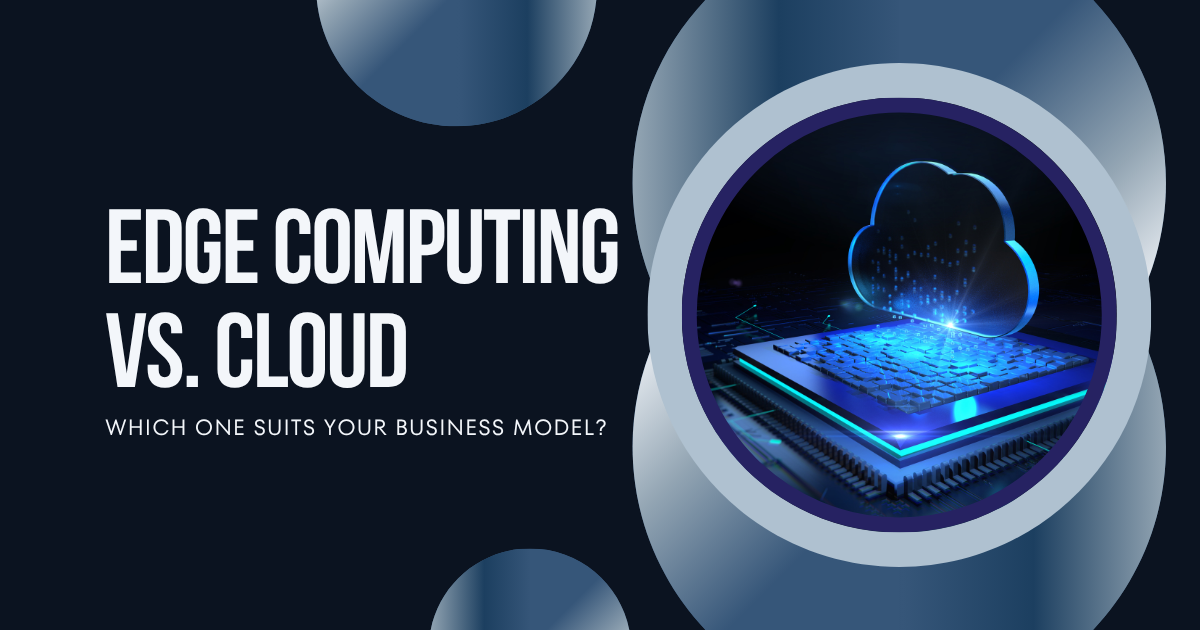Edge Computing vs Cloud defines how your business handles data. This guide compares performance, cost, and use cases to help you choose.
Database middleware optimizes how apps interact with databases. It reduces delays, boosts performance, and supports seamless scaling.
Serverless middleware solutions remove the need for always-on servers by running event-driven functions only when needed. This approach reduces costs, enables automatic scaling during traffic spikes, and improves system resilience. It simplifies API orchestration, real-time data processing, and security enforcement, making middleware more agile and efficient. By integrating serverless middleware, businesses can build scalable, secure, and cost-effective architectures without the complexity of traditional server management.
Modern database middleware transforms enterprise data management by automating workflows, reducing operational costs, and eliminating integration bottlenecks.
Disconnected systems hindering your business? Cloud integration seamlessly connects them, fostering real-time data visibility & faster product launches.
Product architecture isn’t scary! It’s the blueprint of your product. Grasping this language unlocks efficient development, smooth data flow, and a user-friendly experience.
Struggling to make sense of your data? A data-driven transformation can unlock valuable insights to streamline operations, improve customer experiences, and make informed decisions for lasting success. Learn how to navigate the data deluge and propel your business forward.
Digital transformation isn’t about technology—it’s about value creation. The most successful organizations measure ROI beyond financials, capturing operational resilience, customer experience leaps, and employee enablement. When ROI frameworks reflect these multidimensional gains, transformation becomes a competitive advantage, not just a line item.
IT Security with AI and ML improves threat detection, automates responses, and strengthens defenses against evolving cyber threats.
Explore the transformative power of data-driven IT, where big data and advanced analytics reshape decision-making and redefine strategic formulations, propelling businesses toward unparalleled success.

















